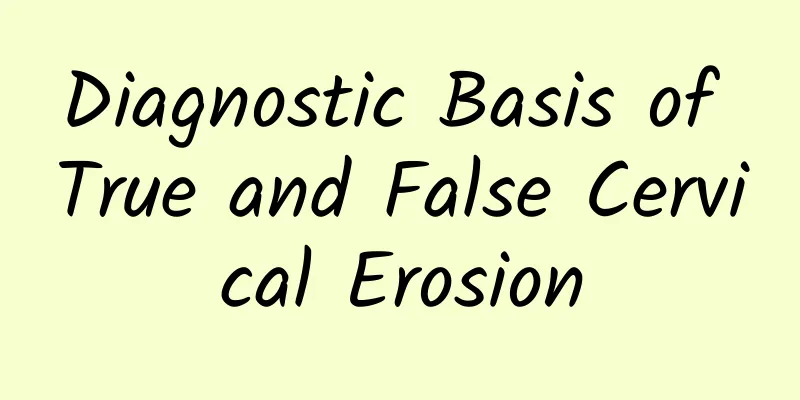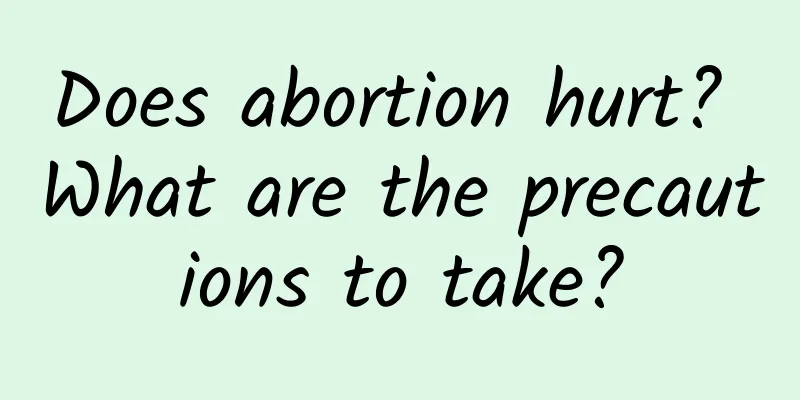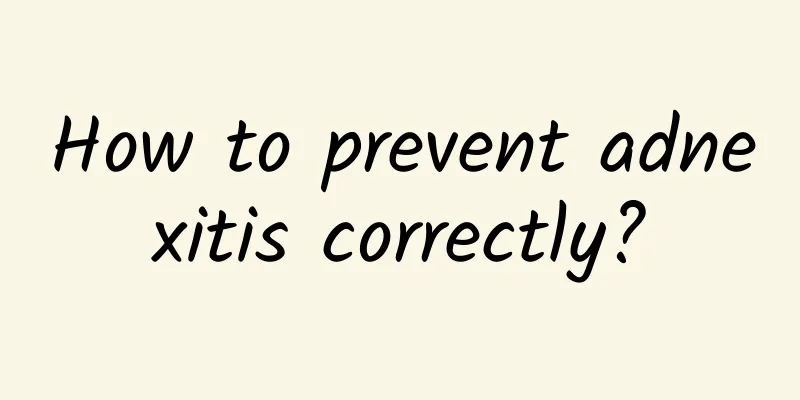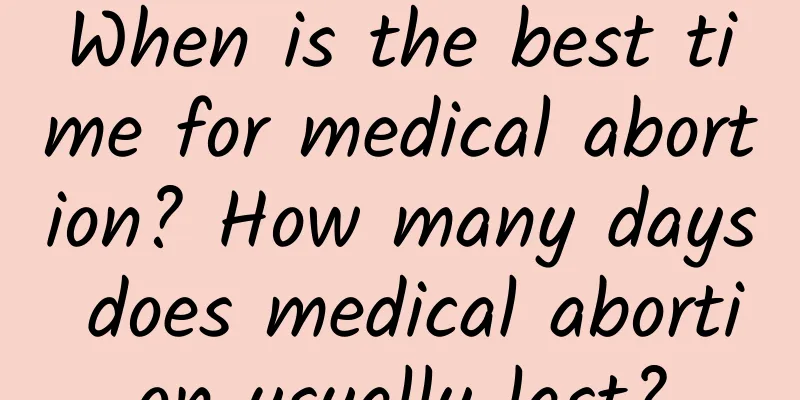Facing the truth about obesity (Part 1): Can you lose weight by eating less?
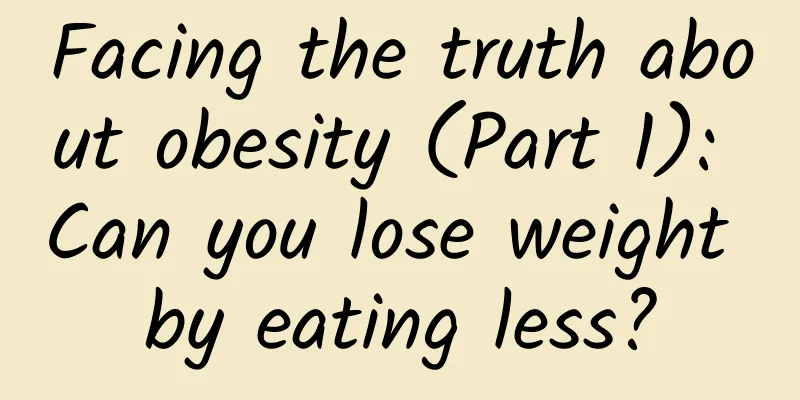
|
In the early 21st century, at a clinic in a slum in Brazil, "mothers brought in small, stunted children who all looked chronically malnourished. Sadly, anyone who has visited the slums in cities in developing countries will not be too surprised by the appearance of those children. But perhaps what is most surprising is that the mothers of those malnourished children are overweight." Benjamin. Benjamin Caballero describes the results of his research in Brazil in a research report. He is John. Director of the Human Nutrition Research Center at Johns Hopkins University. This was his study "Nutrition Paradox—Underweight and Obesity in Developing Countries" published in the New England Journal of Medicine in 2005. The above is a passage from the book "Facing the Truth about Obesity". Before I continue to introduce this book, I would like to remind everyone that the following article cannot replace professional medical care. People with diabetes should discuss any health-related issues with their doctor and health care provider at regular visits. If you are going to make any major changes to your diet or lifestyle, be sure to inform your doctor and health teacher! The World Health Organization (WHO) points out: "The root cause of obesity and overweight is the imbalance of calories between the calories we eat and the calories we burn." Simply put, "eating too much causes excess fat." If we say that mothers are overweight because they eat too much, we also believe that children are thin and stunted because they don't get enough food. Does it mean that the mother consumes all the calories the child needs for growth? This goes completely against what we believe motherhood is all about. We often hear this saying that obesity is prevalent because modern people have too much money, too much food and it is too easy to obtain it, plus too many incentives that cause them to sit for long periods of time. In fact, the emergence of obesity is more related to poverty than wealth, especially in women than in men. Even now, experts might say that we get fat because we eat too much and exercise too little, so if we just do the opposite, eat less and exercise more, we'll naturally solve the obesity problem. You may have heard that it takes about 3,500 calories to lose one pound . Nutritionists say that if you want to lose one pound per week, you need to consume an average of 500 calories more per day after deducting the calories you consume. 500 calories multiplied by 7 equals 3,500 calories per week. According to this logic, if we want to gain two pounds per year, we only need to consume 20 more calories per day (20×365=7300). What this means is: if you eat 20 more calories per day on average, you will gain 22.7 kilograms in 20 years . 20 calories is a very small amount of calories, less than three French fries. It accounts for less than 1% of the official recommended daily calorie intake. If eating just one or two more bites a day can spell doom, how come some people can eat so precisely and not gain weight? There must be something else that determines whether we accumulate or lose fat, not just the conscious or unconscious balance of calorie intake and expenditure. still. Jean Mayer said in 1954: "Too many people believe that 'obesity' is caused by 'eating too much', but this is just a different restatement of the problem. To explain obesity by eating too much is to explain alcoholism by habitual excessive drinking." He advocated exercise as the way to control weight, but we will soon discuss whether this is feasible. The most successful experiment on controlling weight by dieting should be that conducted by George of Harvard Medical School in the 1970s. Blackburn (George Blackburn) and Bruce. Led by Bruce Bistrian, they designed a 600-calorie-a-day diet therapy to treat obese patients. The effect was very significant. Thousands of patients were treated, and half of them lost 18 kilograms. But they eventually abandoned this treatment because it was impossible to expect patients to live on only 600 calories a day for their entire lives. Let's take a look at the Women's Health Initiative (WHI) study conducted by the National Institutes of Health in the early 1990s. One of the research questions is whether a low-fat diet can really protect against heart disease and cancer in women. Nearly 50,000 women participated, and 20,000 of them were randomly assigned to regularly follow a low-fat diet rich in fruits, vegetables and fiber. The researchers say the women who followed the low-fat diet consumed an average of 360 fewer calories per day than they had in the past. They consumed nearly 20 percent fewer calories than public health agencies recommend. After eight years of dieting, the women lost an average of 0.9 kg, but their waist circumference increased on average. This means that the women were losing muscle tissue rather than fat. The results also showed that a low-fat diet does not prevent heart disease, cancer, or any other problems. Jeffrey R., Dean of Harvard Medical School. Fuler and his wife and colleague Terry. In their 2007 article “What Fuels Fat” in Scientific American, Maratos-Fuller described the close relationship between appetite and calorie expenditure: “An animal whose food is suddenly restricted generally becomes less active, slowing down its cellular use of energy to reduce calorie expenditure because the effects of weight loss are limited. At the same time, the animal becomes hungrier, and once the food restriction is lifted, it eats more than before until its previous weight is restored.” Meanwhile, a 2007 review of low-calorie diets by Tufts University concluded that low-calorie diets prescribed for obese and overweight patients can at best result in "temporary ... modest weight loss," typically 10 to 15 pounds in the first six months. But after a year, many people will gain weight again. Obviously, eating less is not a cure or a solution to obesity; it will only temporarily reduce the most noticeable fat. If dieting is not a cure or a solution to obesity, then eating too much certainly cannot be a cause of obesity. (to be continued…) This article comes from: Diabetes Life Guide ※For more information, please see "Diabetes Life Guide" |
<<: Weight loss secrets: Weight control tips as easy as brushing your teeth
>>: Pork calories comparison! Which one is the fattest? Eat this way to avoid landmines...
Recommend
The difference between cervicitis and cervical erosion
Cervicitis is a common disease among women of chi...
Can pelvic effusion be cured by drinking more water? What else needs to be done?
Pelvic effusion is a particularly serious threat ...
How to prevent cervical hypertrophy?
How to take preventive measures against cervical ...
Can I get pregnant and have a baby with endometriosis?
Patients with endometriosis can get pregnant and ...
A brief discussion on several nursing measures for vulvar leukoplakia
Vulvar leukoplakia is hereditary and very harmful...
What ointment is best for vulvar leukoplakia
The choice of ointment for the treatment of vulva...
How can women recover faster after abortion? Four nursing principles for women after abortion
How can women recover faster after an abortion? A...
Let's learn about the health care measures for uterine fibroids
Uterine fibroids are a very common disease. Many ...
What are the nursing measures for bacterial vaginosis?
Many women do not pay attention to personal hygie...
Will polycystic ovary syndrome disappear after abortion?
Polycystic generally refers to polycystic ovary s...
Women must pay attention to the prevention of dysmenorrhea in their lives
Now, we cannot say that dysmenorrhea is not a dis...
How to treat uterine effusion in early pregnancy? Is it physiological or pathological?
Early pregnancy uterine effusion can be divided i...
Can men take Xiaoyao Pills? Yes.
Xiaoyao Pills are also suitable for male friends....
Obesity is the culprit of polycystic ovary disease and can easily lead to infertility! Dr. Pan Junheng: Eat less of these high-cholesterol foods
Women with polycystic ovary syndrome often have p...
It is difficult to lose weight in middle age. Telephone consultation can help you lose weight
What should I do if I gain weight in middle age a...


